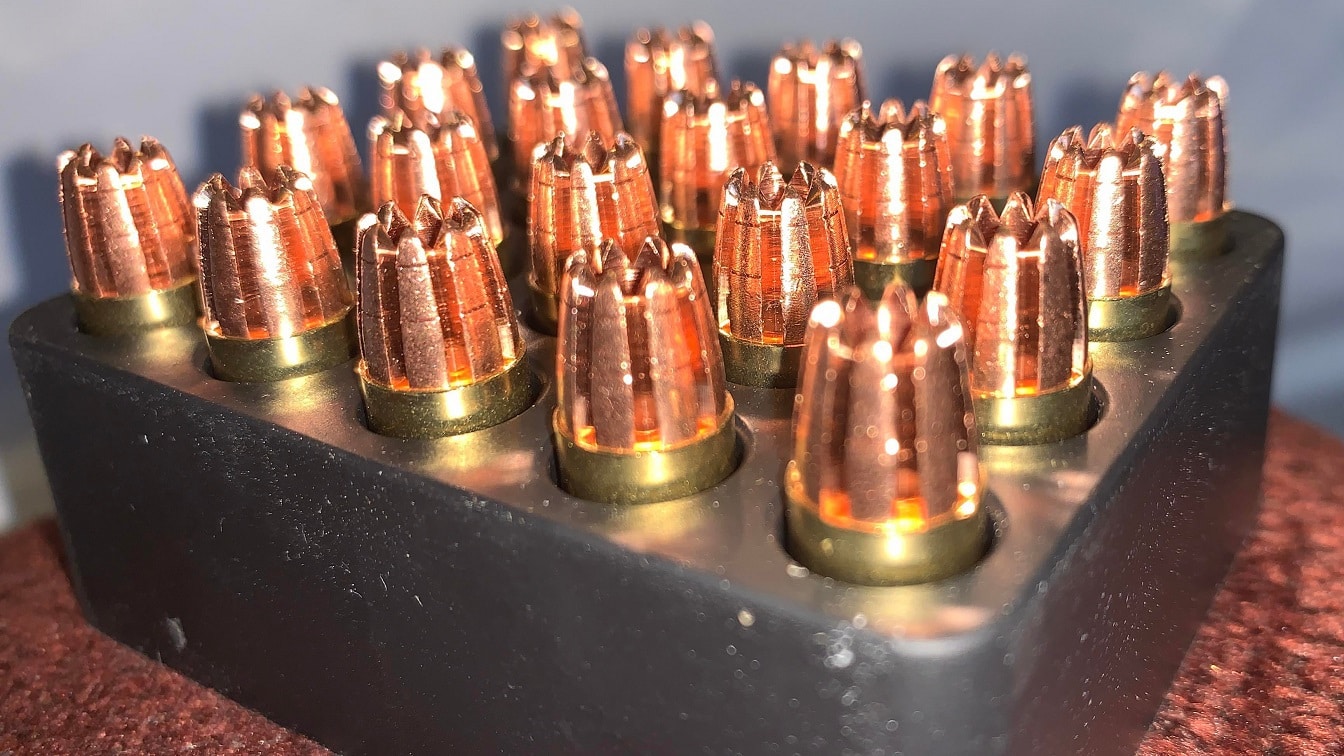Ammunition Shortages Could Impact Both Sides in Ukraine War – It isn’t just American sport shooters and hunters that are feeling the “ammunition squeeze” this fall. Both sides in the Ukraine War could be facing shortages of everything from small arms ammunition to shells, bombs, and missiles. However, the reasons are very different.
For Ukraine, it is a matter of depending on Western military aid, while Russia – likely expecting a swift victory – also has faced sanctions that have limited its ability to replenish its ordnance stockpiles. The situation was so bad that earlier this year, Moscow was even forced to buy artillery rounds from North Korea.
It isn’t just the old ordnance from North Korea either. Russia has had to turn to stockpiles of old hardware – everything from aging aircraft to antiquated tanks. Ammunition older than the soldiers on the frontlines are also be pulled from old stock.
“It’s a mystery what the Russians have left,” Pierre Grasser, a researcher associated with Paris’ Sorbonne University, told Voice of America last month.
“They had enough supplies for their original plan,” Grasser added. “But the fact is that the war is lasting longer than expected and the destruction of their reserves by U.S.-made HIMARS rockets is reshuffling the deck. Moscow doesn’t have many allies that can supply it or come to the aid of its manufacturers.”
Even China has refused to get involved beyond the diplomatic field, leaving Moscow dependent on North Korea for shells and Iran for drones. While some in the Kremlin have tried to paint the conflict as a 21st-century replay of the Great Patriotic War (World War II), which is why Soviet flags have been hoisted in some of the captured territories. Yet, those officials in Moscow seem to overlook that it was American lend-lease that helped win that conflict. Likewise, Soviet industry was turning out tanks and small arms at an astonishing rate.
Today that’s far from the case. Pyongyang is far from the Arsenal of Democracy, and what the Hermit Kingdom can offer will likely only refill stocks for a matter of weeks. Moreover, Russia relies so greatly on western components that it is struggling to produce any new military hardware.
Ukraine War: Fatigue Setting In
It isn’t just the shortage of weapons and hardware. Both sides have been pushed hard, but Russia now appears at the breaking point.
“The chances of Russian military fatigue are much higher than Ukrainian military fatigue,” French researcher Bruno Tertrais of the Foundation for Strategic Research also told reporters. It is a sentiment shared by many analysts. Russia promised its people, and more importantly its military, a quick victory.
Instead, it faces a prolonged war and is now losing ground. The Ukrainian people have a reason to fight, as their very freedom and existence are at stake. The war aims for Russia are less clear – and keep changing. What was a touted as “special military operation” to denazify Ukraine is now clearly a land grab as Vladimir Putin called to annex four Ukrainian regions just last week.
The upper house of Russia’s parliament earlier on Tuesday voted to approve the four regions’ incorporation, which taken together represent around 18 percent of Ukraine. The Kremlin said that Putin’s signature, the final stage in the process, was likely later in the day. However, Russia does not completely control any of the four regions it says it is annexing – Donetsk, Luhansk, Zaporizhzhia, and Kherson – and the Kremlin has said it has yet to determine the final borders of the annexed territory.
Russian forces in the eastern Donetsk and southern Kherson regions have already been forced to retreat in recent days and appear to be struggling to halt a well-equipped Ukrainian army.
(Read This: John Bolton Told Us Putin Has to Go. Read His New 19FortyFive Op-Ed here.)
As long as Western aid continues to be sent, Kyiv will likely be able to keep up its momentum. For now, Ukraine’s will to fight will last at least as long as the supplies of ammunition and other ordnance continue. The Russian Army appears to be a spent force, and it is unlikely it can turn the situation around.
A Senior Editor for 1945, Peter Suciu is a Michigan-based writer who has contributed to more than four dozen magazines, newspapers, and websites with over 3,000 published pieces over a twenty-year career in journalism. He regularly writes about military hardware, firearms history, cybersecurity, and international affairs. Peter is also a Contributing Writer for Forbes. You can follow him on Twitter: @PeterSuciu.

